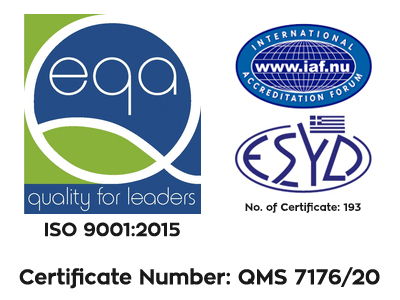A Human Resources Manager is a professional who is responsible for overseeing the human resources (HR) functions of a company. The main role of a Human Resources Manager is to recruit, retain, and manage the company’s employees and ensure that they are working effectively and efficiently. his person plays a critical role in the success of a company, as they are responsible for ensuring that the company’s workforce is engaged, motivated, and aligned with the company’s goals and objectives.
The requirements for becoming a Human Resources Manager vary depending on the company and industry, but there are some common requirements that most companies look for. A bachelor’s degree in human resources, business administration, or a related field is usually required, although some companies may also consider candidates with a master’s degree in a related field. Additionally, experience working in HR or a related field is often required, with many companies requiring at least 5-7 years of experience.
The responsibilities of a Human Resources Manager are vast and can vary depending on the size and nature of the company. Some of the core responsibilities of a Human Resources Manager include:
The role of a Human Resources Manager in a business is critical, as they help to ensure that the company’s workforce is aligned with the company’s goals and objectives. A Human Resources Manager plays a key role in recruiting and retaining the best talent, developing and implementing effective employee relations and training programs, and managing the performance of employees to ensure that they are working effectively and efficiently.
A Human Resources Manager is necessary in a company because they play a critical role in ensuring that the company’s workforce is engaged, motivated, and aligned with the company’s goals and objectives. A Human Resources Manager helps to ensure that the company is able to attract and retain the best talent, and that employees are able to grow and develop in their careers. In addition, a Human Resources Manager helps to ensure that the company is in compliance with all relevant laws and regulations, which can help to reduce the risk of legal and financial penalties.
In conclusion, a Human Resources Manager is a professional who plays a critical role in the success of a company. This person is responsible for overseeing the human resources (HR) functions of a company, including recruitment and hiring, employee relations, employee benefits and compensation, performance management, employee training and development, and compliance. A Human Resources Manager is necessary in a company because they help to ensure that the company’s workforce is engaged, motivated, and aligned with the company’s goals and objectives, and that the company is in compliance with all relevant laws and regulations.






